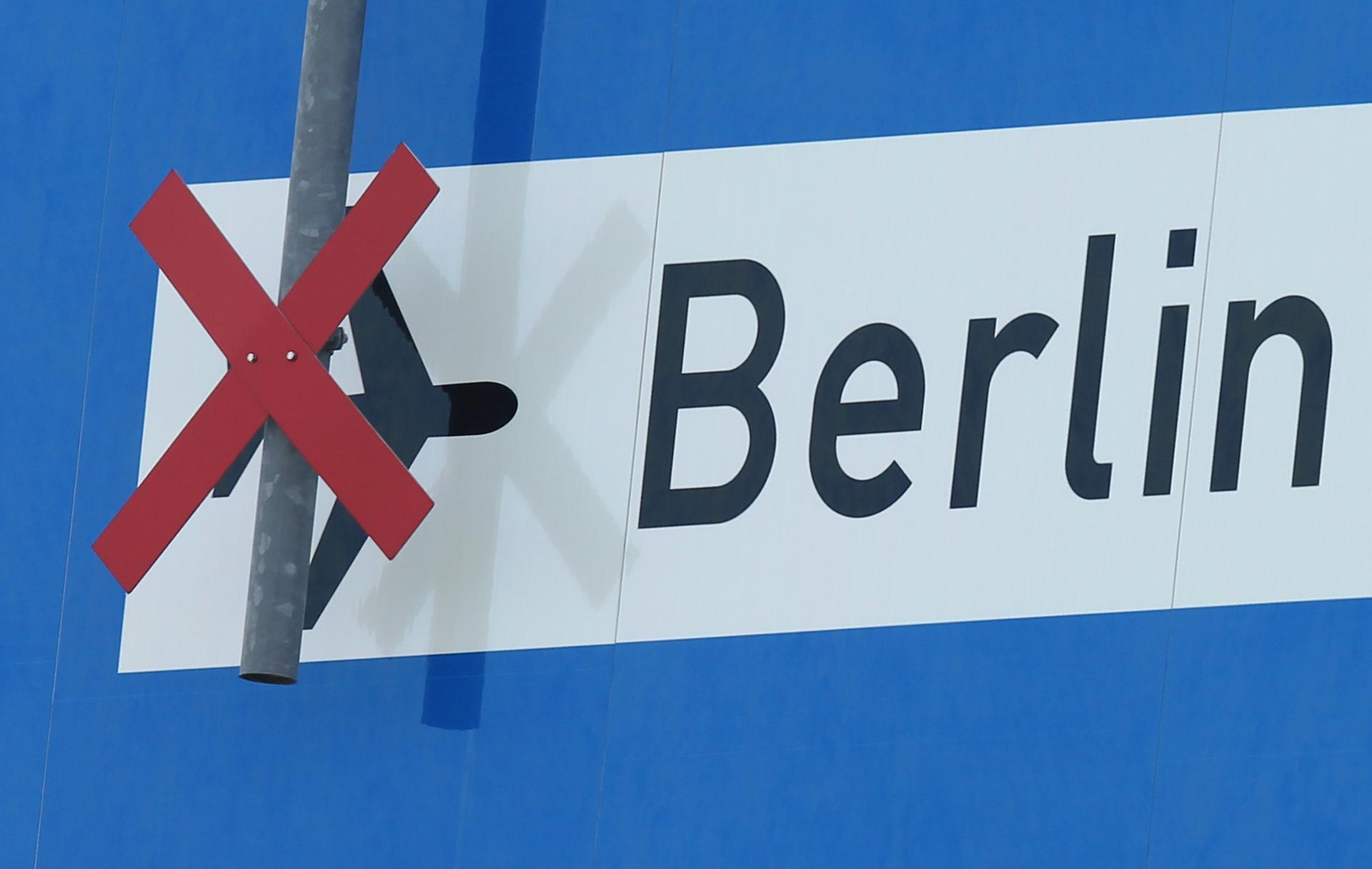Election brings concerns over Germany’s economy
A highway sign points the new but uncompleted Willy Brandt Berlin Brandenburg International Airport on August 16, 2013 in Schoenefeld, Germany. Elections in Germany are putting the economy under scrutiny.
Germany's economic priority should be to run its budget in a solid way and to tackle domestic economic issues, the leader of Germany's Free Democratic Party, the junior partner in the country's coalition government, told CNBC.
Philipp Roesler, who is economy minister and vice-chancellor in the German government said Berlin needed to tackle the scarcity of skilled labor and that such domestic issues would be the focus for the German people ahead of elections on September 22, rather than problems in the euro zone.
Roesler warned against new taxes and energy costs for Germany's consumers and businesses.
His comments come as the rival Social Democrats led by former finance minister Peer Steinbrueck faced criticism after calling for tax increases and the latest opinion poll showed support for the (SPD) falling further behind Merkel's Christian Democratic Union (CDU).
The poll by Emnid on Sunday also showed Merkel with enough support to continue her center-right coalition after the election on September 22.
The German chancellor said over the weekend that it would be better for Germany if the CDU was able to continue governing with its current junior partners. However, the FDP had only five percent support, according to a poll by Germany's ARD television last week, the threshold required for a party to send deputies to the German parliament.
That factor makes it a possibility that Merkel could be forced to find another coalition partner but Roesler said his party was "relaxed" about the issue.
"If we get enough votes, we get enough votes and that's not a question of sympathy. You have to look at the numbers, Germany is doing well, Germans are doing very well and our government is doing its best to make sure this remains the case.
Dr. Alexander Schumann, chief economist at the German Chamber of Industry and Commerce (DIHK) told CNBC that the election was "a decisive moment for the German economy" as German competitiveness has waned recently.
"A lot of projects have not been done over the last few years due to the euro debt crisis dominating the agenda and we need more reforms in the next few years…we need shift in energy policy but also a reforms for more qualified labor, to education and more money spent on infrastructure," he told CNBC in Berlin.
One analyst warned that the election result could ultimately disappoint those hoping for a change.
"Most people look at the German election and they are waiting for change, tough changes, for Germany to integrate more, to lead the EU, to lead big pushes on European and fiscal integration and this might not come… and you'll get more of the same," Ulrike Guérot, representative for Germany and senior policy fellow in the European Council on Foreign Relations, told CNBC.
More from our partner, CNBC: Fracking for shale gas hits a raw nerve in Europe
Global sell-off worsens on flight from emerging markets
BofA intern dies after reportedly working 3 straight days
Every day, reporters and producers at The World are hard at work bringing you human-centered news from across the globe. But we can’t do it without you. We need your support to ensure we can continue this work for another year.
Make a gift today, and you’ll help us unlock a matching gift of $67,000!
